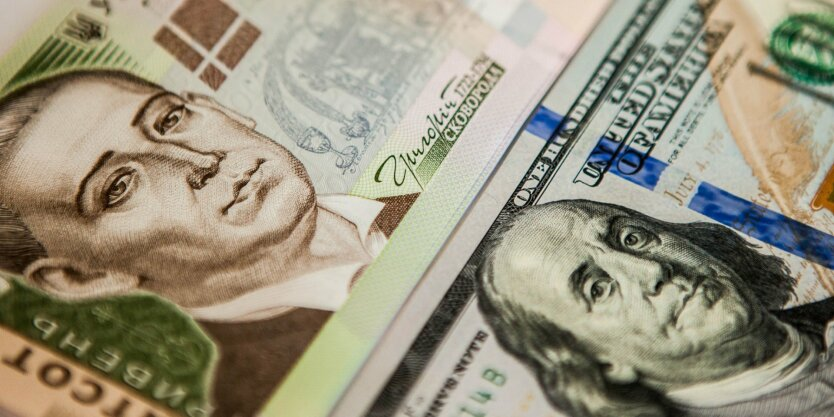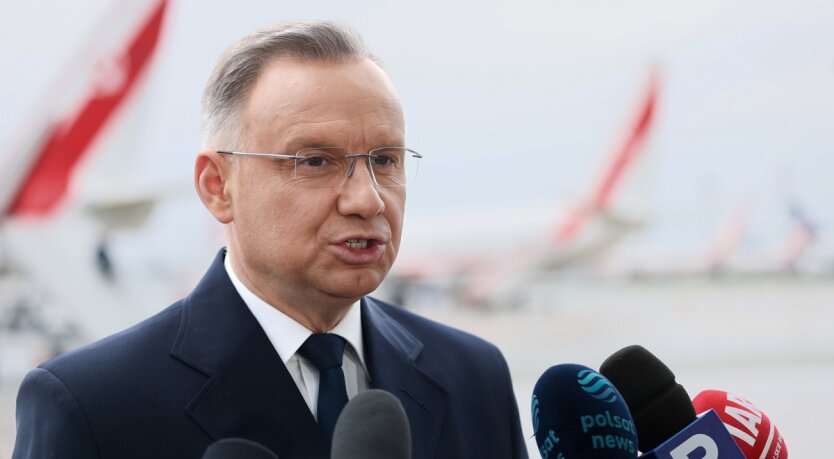Why the NBU Allowed the Weakening of the Hryvnia: Pyshnyi Explained the Regulator's Strategy.


The National Bank of Ukraine (NBU) explained the reasons and consequences of the weakening of the hryvnia a year after transitioning to a managed exchange rate flexibility regime.
According to Andriy Pyshnyi, the head of the NBU, such a change in the exchange rate positively affected the economy during the war.
"This occurred against the backdrop of a combination of exogenous factors (longer and more intensive war, destruction of energy infrastructure, rumors of a "default"), easing of monetary policy and currency restrictions by the National Bank, which was critically important for businesses and stimulating economic activity," explained Pyshnyi the reasons for the hryvnia's weakening.
The hryvnia fell against the dollar by almost 13% on the official market and by 9% on the cash market. This weakening happened due to the war and the easing of monetary policy.
However, according to Pyshnyi, this exchange rate dynamic also had positive consequences. Inflation over the year met the regulator's target of 5%. The trade deficit decreased from $24.5 billion to $22.2 billion. Also, assets in the national currency remained attractive.
Pyshnyi reminds of the high rates on hryvnia deposits and bonds. Last year, rates reached up to 12% on deposits and 19% on bonds.
Read also
- Ukraine has lost F-16 pilot: what is known about the deceased Pavlo Ivanov
- Mercenaries, not career soldiers: Reuters learned whether the captured Chinese have any relation to the Chinese government
- Trump wants to sign 90 deals in three months: experts assessed the ambitious plan
- Criticism of Syrskiy: the former head of 'Azov' removed from Zelensky's decree on awarding the order
- The Best Chance for Peace: Duda Says Who Can Stop Putin
- Breakthrough of the border in Sumy region. The Lieutenant Colonel of the Armed Forces named the true goal of the Russians










